
Turkey’s hip-hop scene started in the 1990s, but only recently has it begun to make inroads into the country’s mainstream. Deploying globally popular trap-inspired beats, Turkish rappers have topped streaming charts in the country, producing a fresh wave of genuinely famous artists—controversial figures like the 28-year-old MC/producer Ezhel from Ankara and Server Uraz from Istanbul. Given the country’s uncomfortable relationship with popular music—singer Selda Bağcan was imprisoned three times in the ’80s for singing banned Turkish poetry, or singing in the banned Kurdish language—the pushback from President Erdoğan’s increasingly-authoritarian regime against this new wave of mainstream rappers comes as no surprise. In May of last year, Ezhel was arrested for his lyrical content, while Server Uraz was recently sentenced to four years in prison for a similar offense (both purportedly encouraged drug use in their songs).
Controversial topics, and the underlying push for social consciousness embedded within them, didn’t merely inspire Turkish rappers; it beget them. Cartel—a mid ‘90s Turkish rap group formed by artists living in four different German cities—are credited as pioneers of the genre. Their lyrics confronted the racism they faced while living in Germany (some 5% of all German citizens have some Turkish origins); their production was heavily influenced by Turkish Arabesk, a form of traditionally-inspired pop music that emerged during the latter half of the 20th century as a grassroots response to the country’s drift towards westernization. Even today, Turkish rap remains a style synonymous with diaspora and protest, led by artists who’ve weathered decades of social injustice, financial struggle, and censorship.
Running parallel to the rise of mainstream Turkish rap is its vital underground scene, which is also rooted in this Arabesk-sampling tradition. Far from the Auto-Tune and 808s of the mainstream (arguably all too familiar to global audiences by this point) the underground is characterized by its distinctly Anatolian sound. The recently released mixtape Deli Divan is a kind of meetup between two of the underground’s key voices, producer Grup Ses and rapper Ethnique Punch.

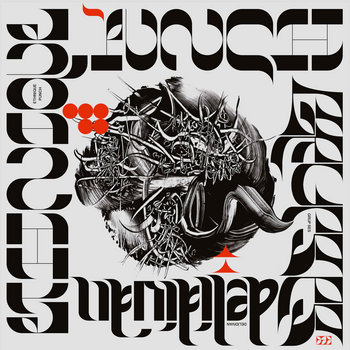

Vinyl LP

“I always wanted to make a Madvillainy,” says Grup Ses, speaking from his home in Istanbul. “I started doing some mash-ups and parodies of Turkish pop tracks, which ended up as instrumental beats composed of samples from music released in Turkey. I already had plenty in my collection, so that was my main sample pool. From the beginning Grup Ses has been a by-product of my digging journey.”
On Deli Divan, Grup Ses scours his bottomless collection of Turkish sounds, sampling liberally from 20th century Arabesk pop, Lebanese records, and Anatolian rock. Saz shredding, ‘70s analog bass throb, and pure funk drumming were in abundance during the country’s post-coup period, and all of them form the backbone of the grooves that Grup Ses uses to create his music. “I somehow carry our musical past into contemporary forms of beatmaking,” he explains. “That defines the sound of Grup Ses.” (This is also in evidence on Varyete, a new collaboration between Ses and Elektro Hafiz.)

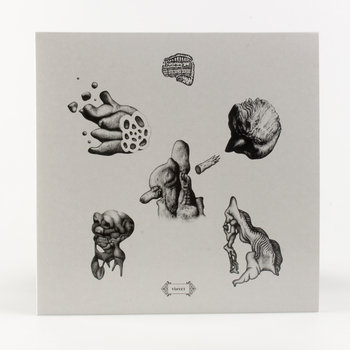
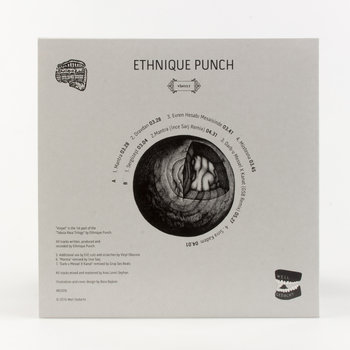
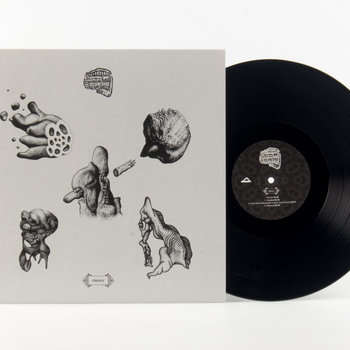
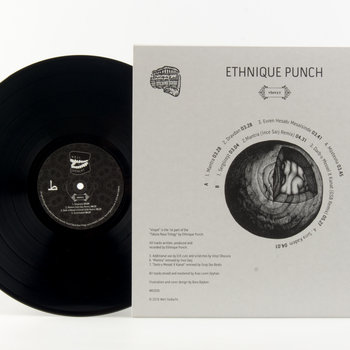

Vinyl LP




Based between Berlin and Eskişehir, Ethnique Punch (aka Al’Eksan) delivers rhymes with a chiseled, rhythmic energy—check out the main refrain of “Külüstür” on Deli Divan. Lyrically, his is a world in chaos, full of cheaters and madmen, reflecting the political and social turmoil of the world at large. “Ateste yanmiyosak anla ki külüzdür,” he raps on “Külüstür,” “if we don’t get burnt by fire anymore, maybe it’s ’cause we’re ash.”
“Deli Divan gets the story down about how random normal people turned mad in short time,” explains the artist. “The title means ‘mad council,’ and it tells a story where one leading mechanism takes all the organisms to self-destruction.” Ethnique Punch’s other collaborations, with the likes of DJ Scotch Egg, live up to the high standards of Deli Divan. He’s a prolific solo artist, as both producer and rapper. 2016’s Vinyet, released via Viennese label Well Gedacht, is a showcase for his versatility, whether spitting rhymes over rich, Dilla-esque productions, or disintegrating samples into experimental instrumentals, as he does on Vinyet’s closing track, “Sırra Kadem.”

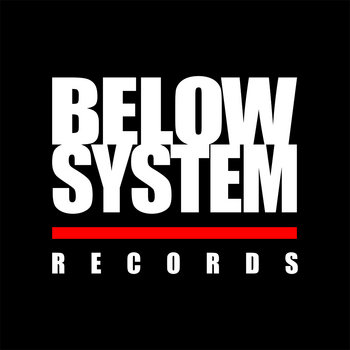

Another Istanbul producer, Farazi, contributes production to one of Deli Divan’s two title tracks—the album’s darkest and heaviest, both full of ritualistic drums and distant drones. Having emerged as part of a duo with MC Kayra in 2008, and founding the currently active Turkish rap supergroup 90BPM in 2014, Farazi’s fingerprints can be found across the scene (including production work for mainstream Turkish trap figurehead Ezhel). His recently dropped single, “iLL,” marks Farazi’s first-ever crossover with a U.S. rapper, the Sacramento-based MC Chuuwee.
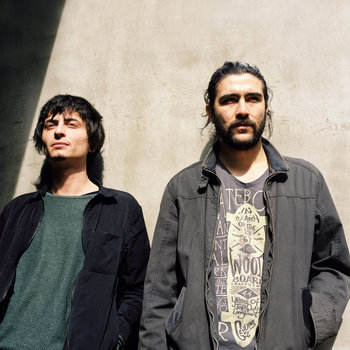
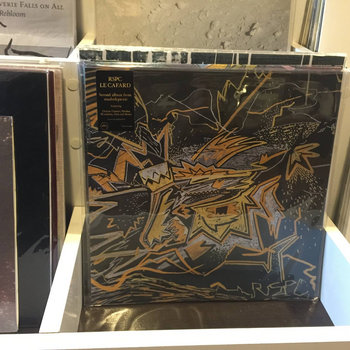
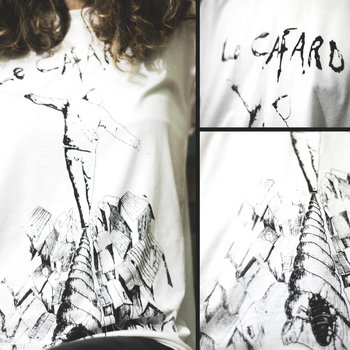
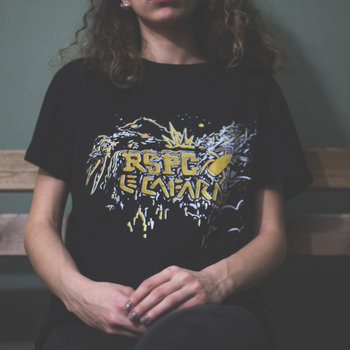
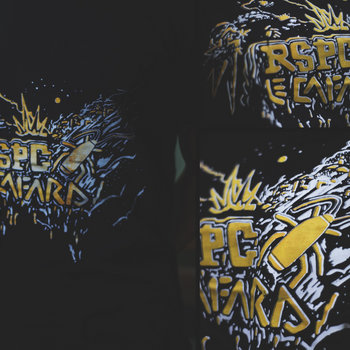
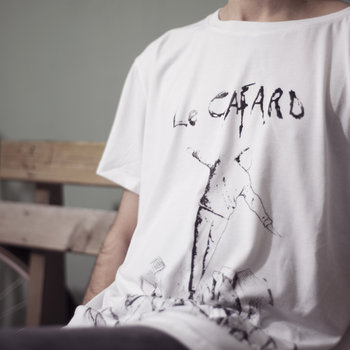

Vinyl LP, T-Shirt/Apparel




Roadside.picnic is a duo from Eskişehir in northwestern Turkey (widely dubbed a “student city”) who have been making leftfield hip-hop for close to a decade now. Sparse, noisy, truly oddball backdrops make them something of the Turkish equivalent to L.A. experimentalists clipping. Producer Armonycoma Or Slt crafts a variety of psychedelic and lo-fi beats, while vocalist Ağaçkakan drops guest verses on tracks by artists from across the scene. He’s also released two solo albums that take the bold move of blending industrial and rock tropes with beats and Turkish language rhymes.
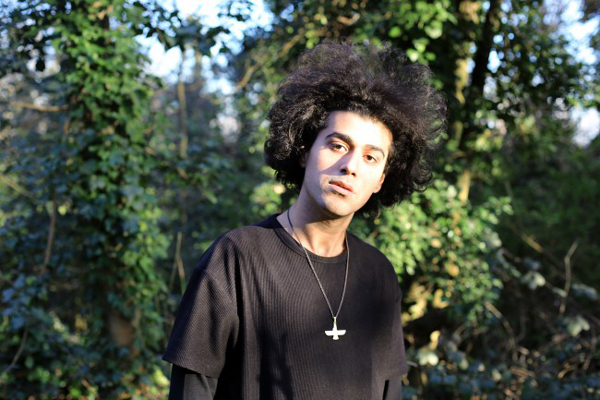
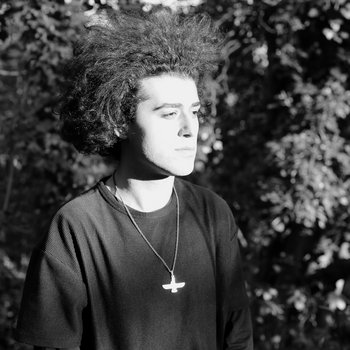
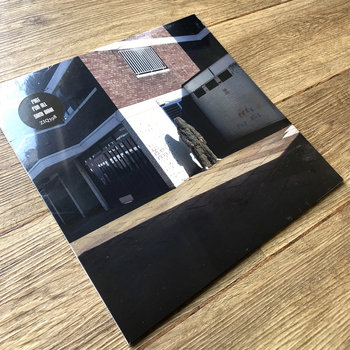
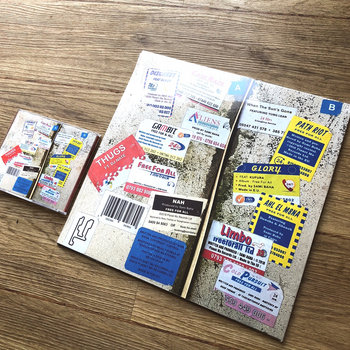
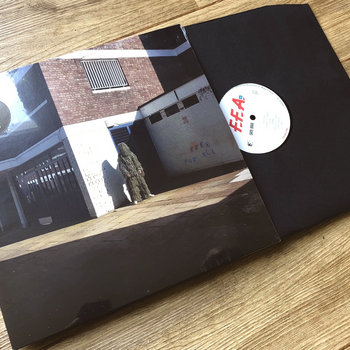
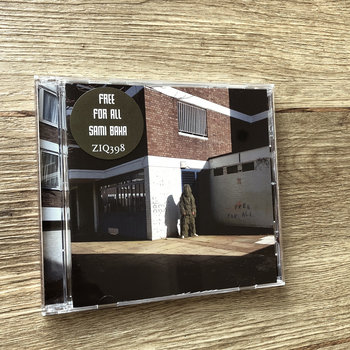
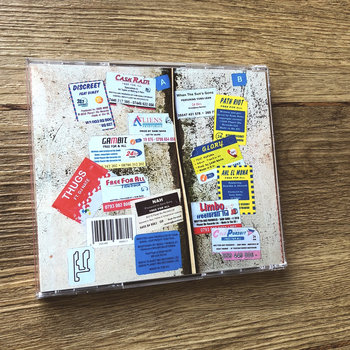
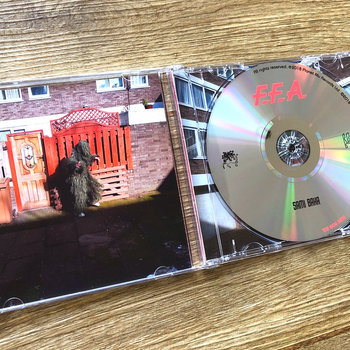

Vinyl LP, Compact Disc (CD)




Sami Baha left his role as an Istanbul beatmaker to head for London, and managed to get signed with esteemed imprint Planet Mu. Nonetheless, he remains connected to his hometown scene. Opting to deconstruct familiar elements of trap and interleave them with far-out and Turkish-influenced elements (such as the title track of 2018’s Free For All), he’s at the experimental end of the hip-hop spectrum—though not too far off the edge to prevent a collaboration with young Swedish rapper, Yung Lean.

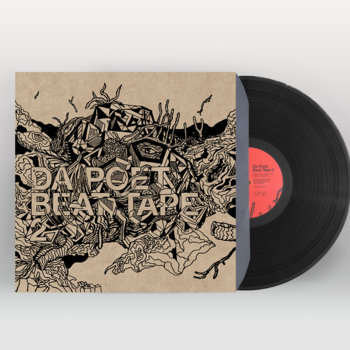

Vinyl LP

Another member of the 90BPM crew, Da Poet is one of the most dynamic voices on the scene. He produces beats in a vast range of styles, showcased on his second Beat Tape LP, issued by Istanbul label Tektosag Records in 2017. Opening instrumental “Donmek Yok” slots an Arabesk bowed string lick around a minimal crunk beat, but “Rules” featuring dubstepper Gantz heads into wonky dub territory. Da Poet seamlessly interweaves Turkish cultural signifiers with futuristic beats, brought to a head by the phenomenal closing track with one-time Flying Lotus collaborator, Ahu Kelesoglu. “Treasure” swaps Turkish language rhymes for Ahu’s soulful English-language singing, before ending with a soaring, chill-pop passage showcasing the producer’s skillful samping
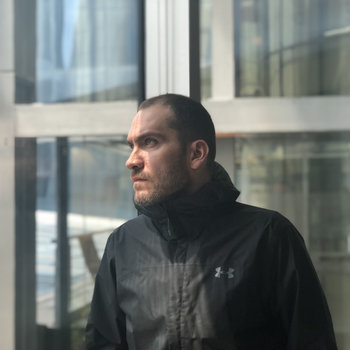

Another beatmaker from Istanbul, Nodul’s Balcony Beats is one of the most beautiful and accessible instrumental hip-hop records to come from the city. The producer has a delicate touch for dream-like sample picks and stuttering beats—but however atmospheric and soaring, Balcony Beats never strays too deep into psychedelia. A meetup with an MC could well lead Nodul into territory hitherto unexplored, although his collaborative track on Grup Ses’s Alliance signaled a sideways step into the shadows with darker subject matter and a sinister melodic edge.







